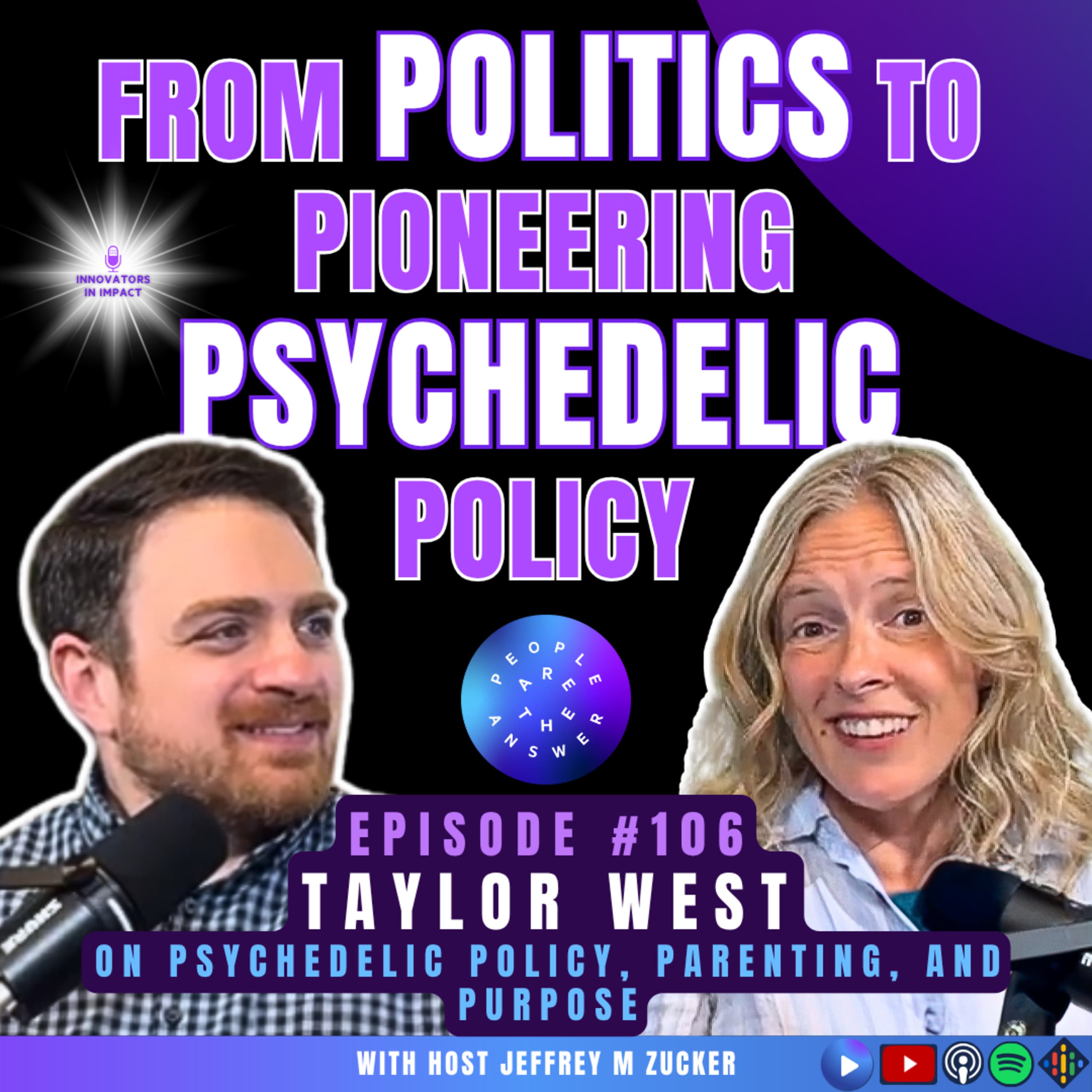Psychedelic Reform Gains Momentum as 25 States Consider Legalization Changes

A recent social media post by psychedelic educator and advocate Taylor Sterling has underscored a growing sentiment among proponents that psychedelic substances should not remain illegal. Sterling stated, > "NOBODY WHO'S ACTUALLY TRIED PSYCHEDELICS THINKS THEY SHOULD BE ILLEGAL," reflecting a perspective increasingly echoed amidst a wave of legislative reforms and expanding therapeutic research. This assertion comes as states and countries worldwide re-evaluate their drug policies, moving towards decriminalization and regulated access.
The United States is experiencing a rapid shift in its approach to psychedelics, with 25 states having considered 74 bills related to reform since 2019. Ten of these bills have already been enacted, indicating a significant legislative momentum. Oregon, for instance, became the first state to decriminalize most drugs in 2020 and legalize psilocybin for therapeutic use, while Colorado decriminalized natural psychedelics and plans for supervised psilocybin use by late 2024.
This push for reform is largely driven by mounting evidence of psychedelics' therapeutic potential, particularly for mental health conditions. Substances like psilocybin and MDMA have shown promise in treating severe depression and post-traumatic stress disorder (PTSD), respectively. The U.S. Food and Drug Administration (FDA) has granted "breakthrough therapy" designations to both MDMA for PTSD and psilocybin for treatment-resistant depression, accelerating research efforts.
Globally, several nations and regions are also exploring new frameworks. Countries like Portugal and Switzerland have decriminalized substance use broadly, while Jamaica and Nepal have specific legal statuses for psilocybin. These international examples contribute to the ongoing discussion about the efficacy of prohibition versus regulated access models.
Advocates argue that criminalization creates barriers to medical care and fosters an unregulated market, whereas decriminalization can lead to better public health outcomes and safer access. However, challenges remain in establishing comprehensive regulatory frameworks, ensuring product safety, and developing clear guidelines for therapeutic administration. The debate continues regarding the balance between accessibility and necessary oversight for these powerful compounds.